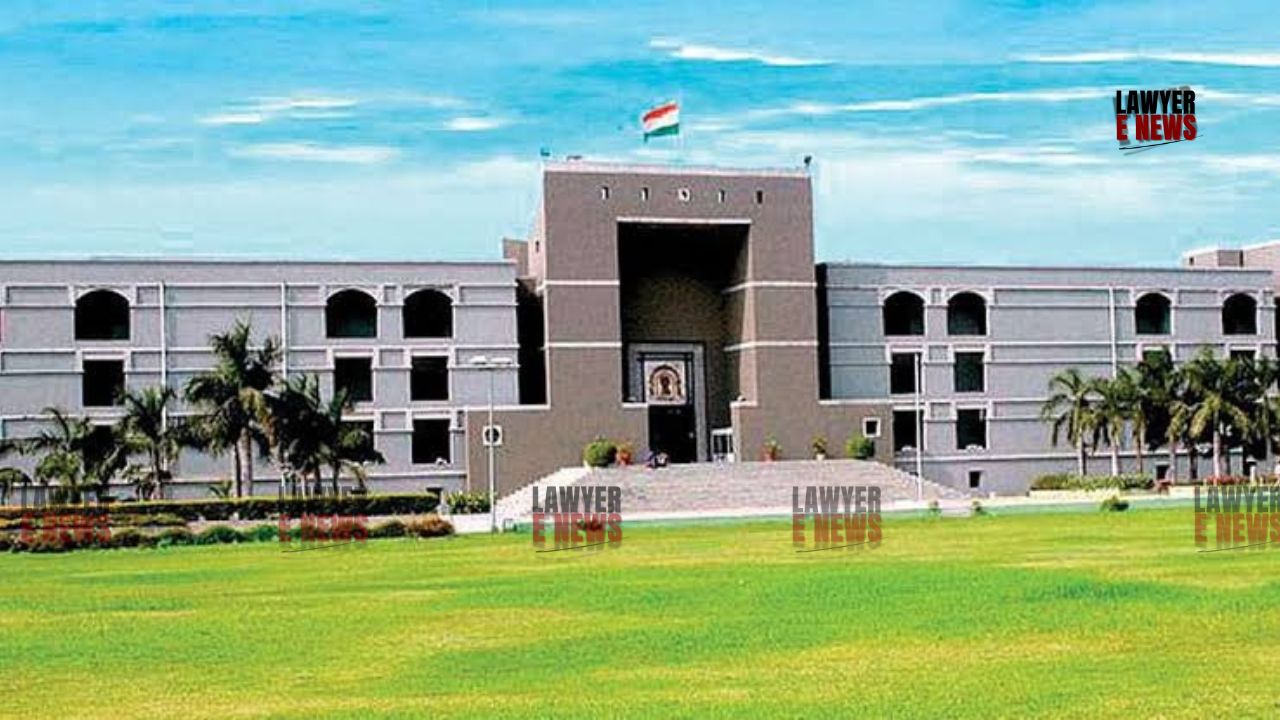-
by Admin
15 February 2026 5:35 AM



The Gujarat High Court has denied bail to Labhshankar Duryodhan Maheshwari, an Indian citizen of Pakistani origin, accused of involvement in a case concerning the illegal transfer of sensitive information to Pakistan. The judgment, delivered by Justice M.R. Mengdey, highlights the gravity of the allegations under Sections 121A, 123, and 120B of the Indian Penal Code (IPC), alongside offenses under the Information Technology Act, underscoring national security concerns.
Maheshwari, initially a Pakistani citizen, had relinquished his citizenship and acquired Indian citizenship. He was implicated in a case linked to the transmission of a SIM card to Pakistan, which was used to activate a WhatsApp account allegedly intended for espionage activities. The case unfolded when an Indian Air Force officer stationed in Kargil received a suspicious WhatsApp message asking him to download an APK file containing malware. Investigations revealed the SIM card involved was procured by an associate in Jamnagar and later handed over to Maheshwari, who facilitated its transport to Pakistan via his sister.
The court emphasized the severe nature of the allegations against Maheshwari. The prosecution argued that the SIM card, after being used to activate a WhatsApp account in Pakistan, was instrumental in attempting to extract sensitive information related to the Indian armed forces through malware. Justice Mengdey underscored the potential threat to national security, stating that the acts attributed to the applicant could have serious repercussions for the country's defense infrastructure.
Justice Mengdey observed that Maheshwari's involvement went beyond mere possession of the SIM card. His actions, including obtaining the One-Time Password (OTP) necessary to activate the WhatsApp account and communicating this to his counterparts in Pakistan, demonstrated active participation in the alleged espionage activities. The court noted that the applicant's prior citizenship and roots in Pakistan added a layer of complexity to the case, further justifying the denial of bail.
The court referenced the Supreme Court's ruling in Jalaluddin Khan v. Union of India, which emphasizes that bail is the rule and jail is the exception. However, Justice Mengdey noted that the seriousness of the charges and the potential threat to national security necessitated a departure from this principle. The court asserted that granting bail in such circumstances would not align with the judicial responsibility to safeguard national interests.
The Gujarat High Court's decision to deny bail to Labhshankar Duryodhan Maheshwari underscores the judiciary's stance on cases involving national security, particularly those with elements of cross-border communication and espionage. The judgment serves as a reminder of the stringent legal standards applied in cases where the security of the nation is at stake, reaffirming the importance of thorough judicial scrutiny in matters of this nature.
Date of Decision: August 22, 2024
Labhshankar Duryodhan Maheshwari v. State of Gujarat
